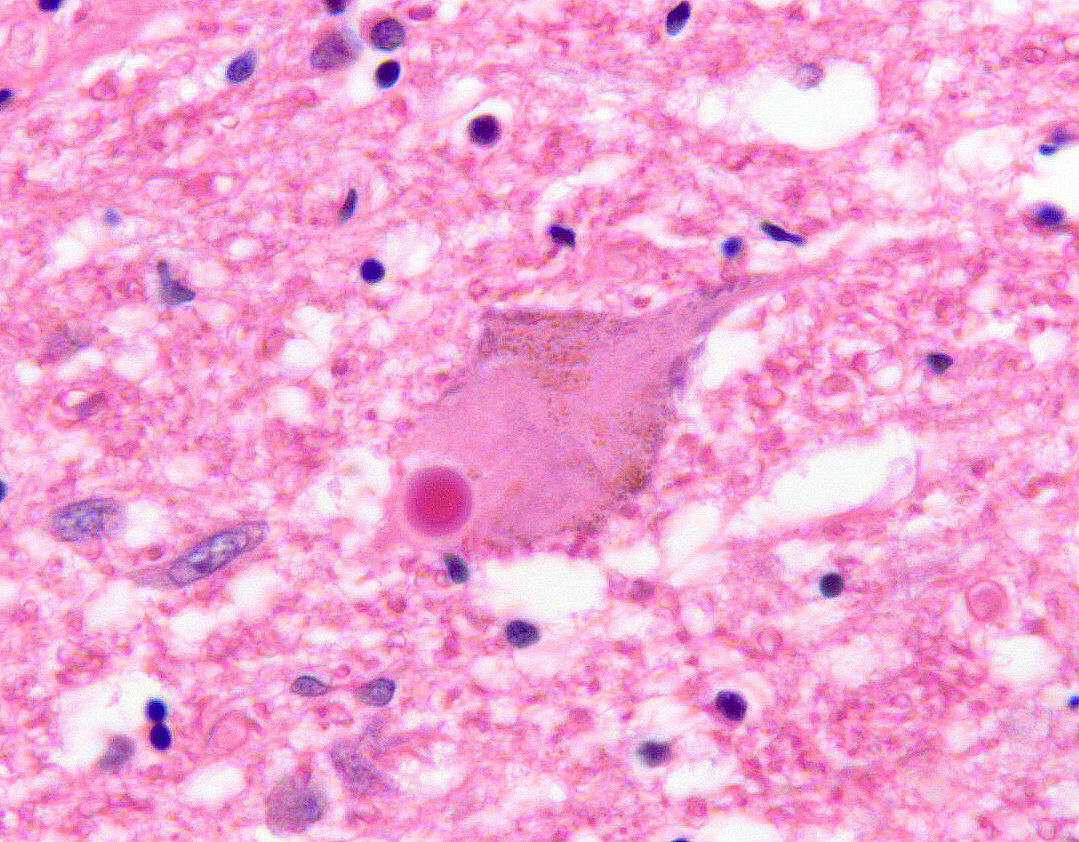
Brain UK study ref: 15/020,
Lay summary,
Project status: Active
Studying the turnover of oligodendrocytes in Huntington’s disease
Dr Mehdi Djelloul, Karolinska Institute, CMB, Stockholm, Sweden
Huntington’s disease is a neurological condition that is devastating to the patients but also to their family. The onset occurs in the prime of adult’s life. The patients lose control of their movements and other complications occur such as pneumonia and heart disease. It usually ends up with dementia. It is now well established that the disease is caused by a mutation in a gene encoding for the protein Huntingtin. This latest is involved in neuronal development. It has been shown in Huntington’s disease that the mutated form of Huntingtin accumulates in the cells of the body and forms aggregates. This is linked to the severity of the disease. In our laboratory, we use a technique based on Carbon-14 dating to measure the ability of different regions of the brain to regenerate. We have been able to show recently that neurons have a slower turnover in Huntington’s disease. We would like now to extend our study by analysing other cell types such as the oligodendrocytes as these are the most vulnerable ells of the central nervous system.
